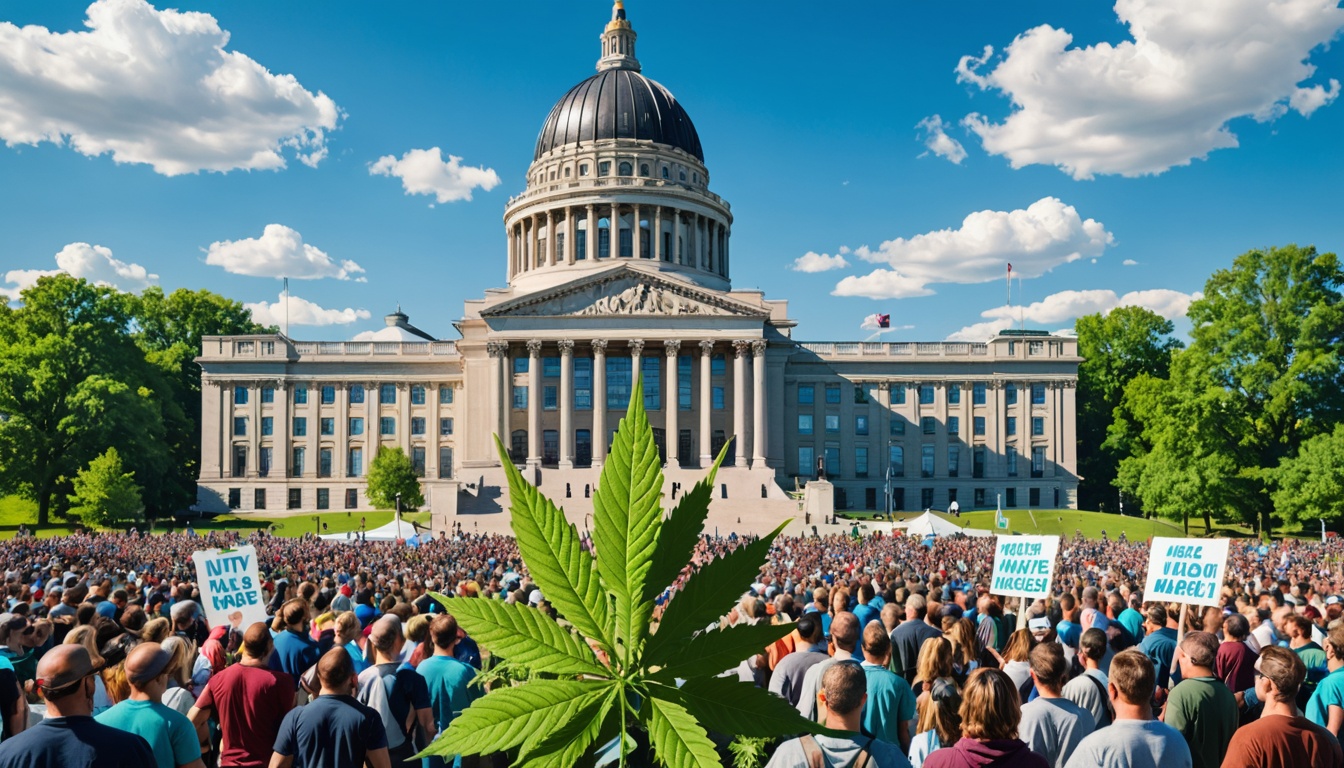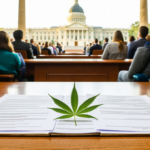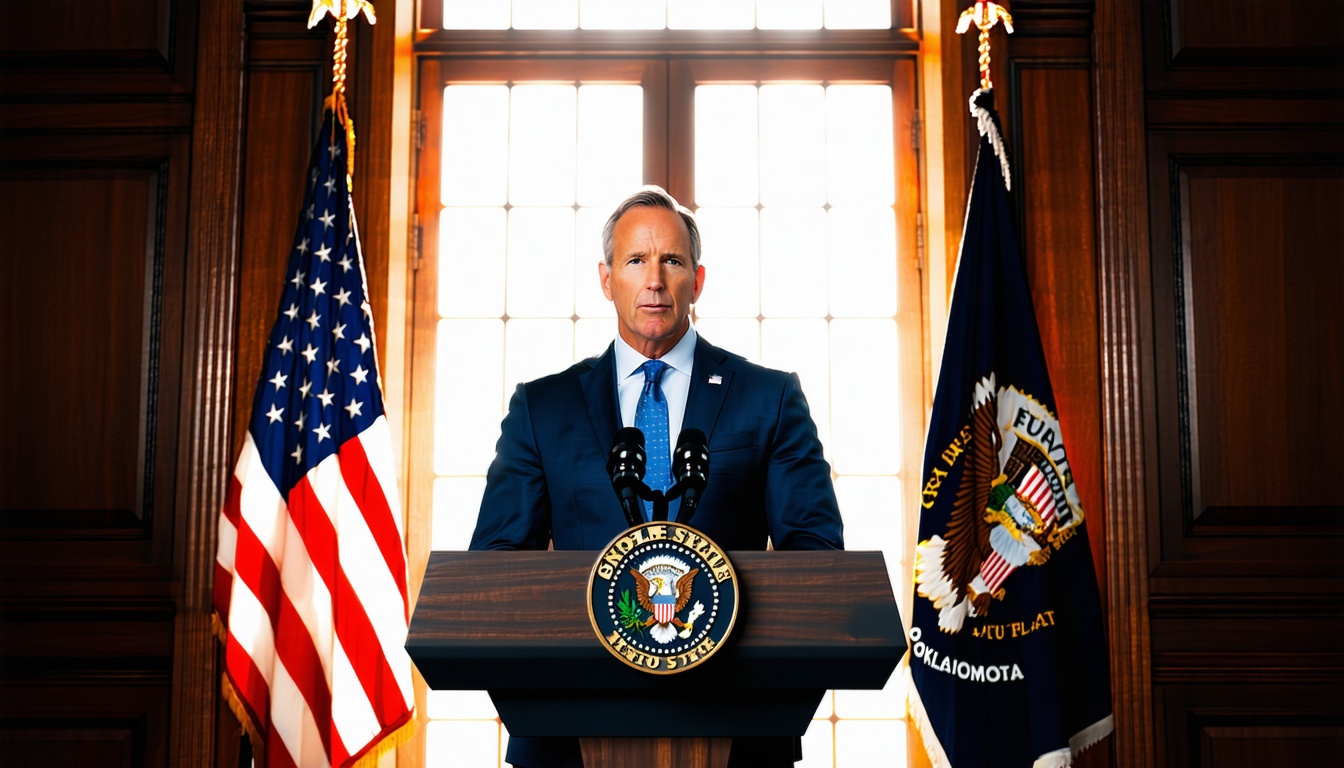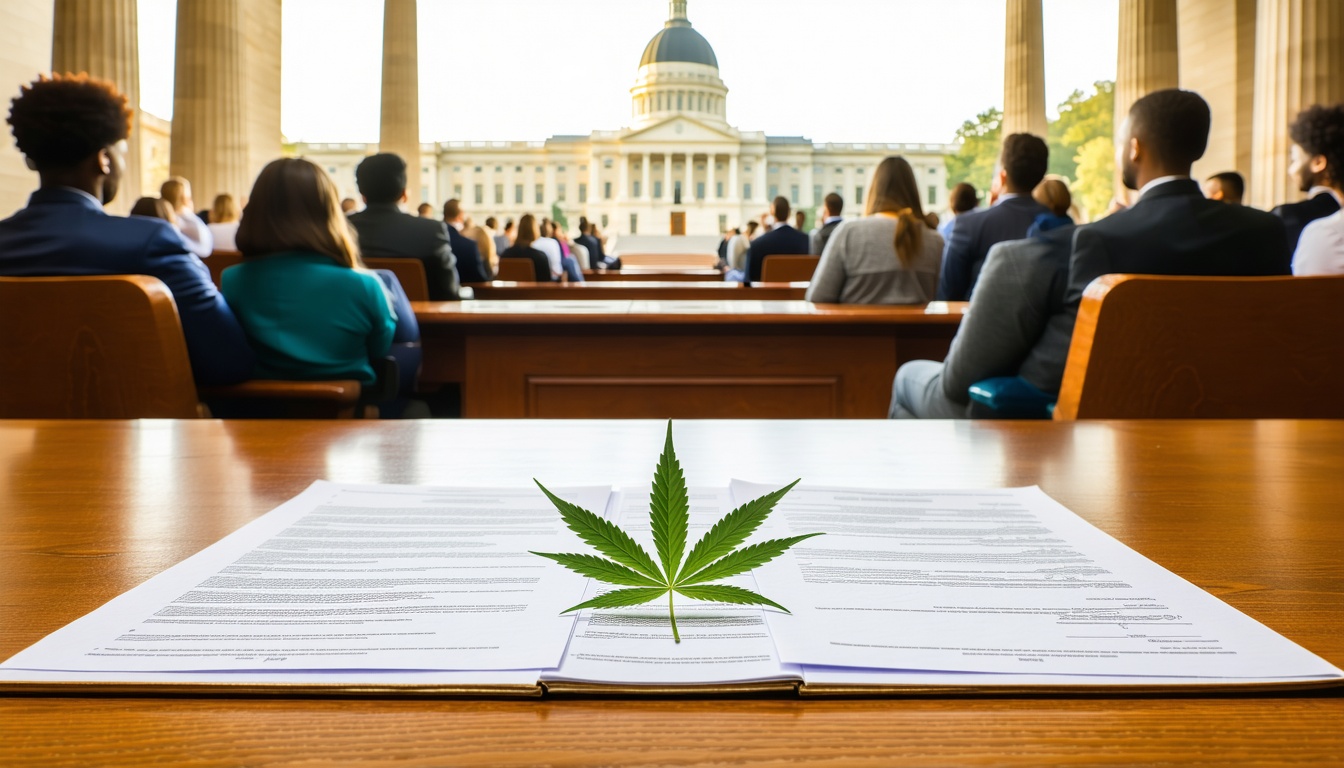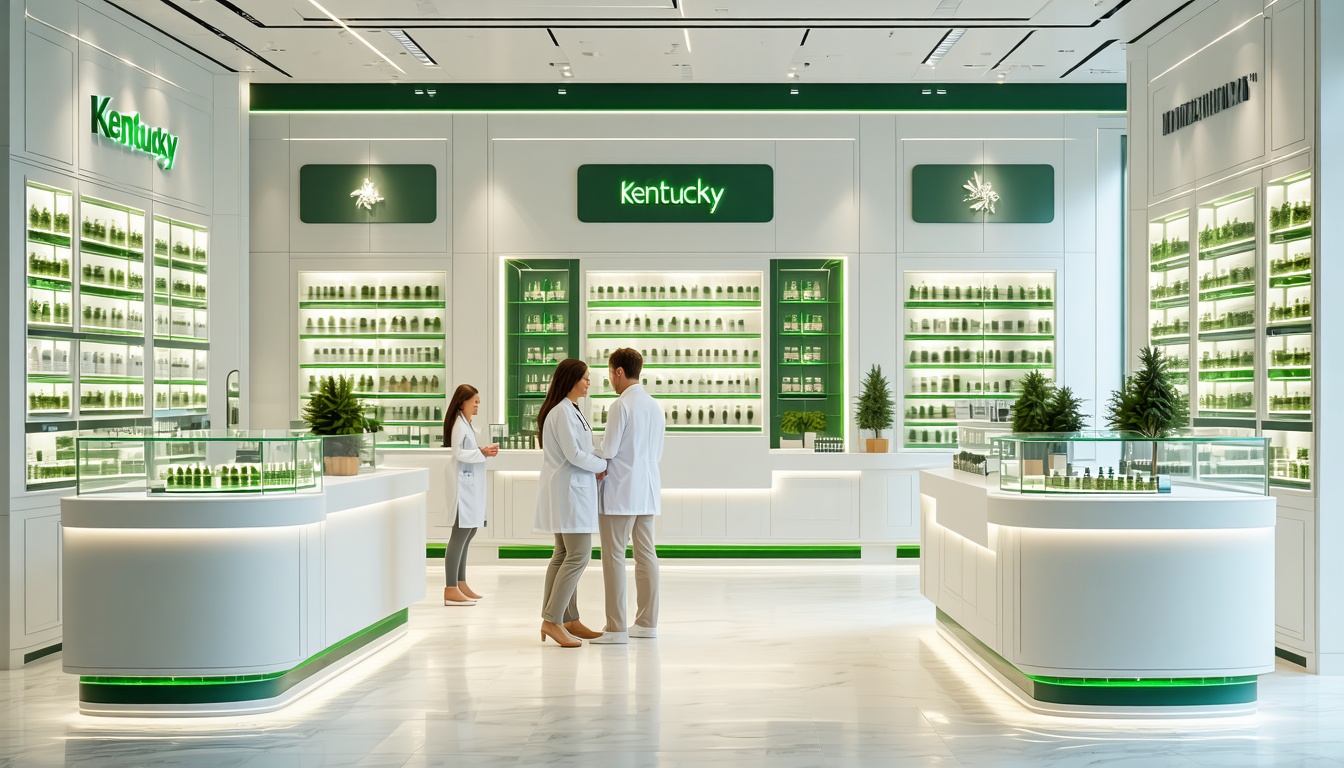Missouri Hemp Industry Seeks to Deregulate Hemp and Marijuana Sales
A group of Missouri hemp business leaders is launching an initiative to allow the sale of marijuana and intoxicating hemp products alongside alcohol and tobacco. The effort aims to repeal the 2022 constitutional amendment that legalized recreational marijuana and give regulatory power to the Missouri General Assembly.
The proposed change would maintain current marijuana taxes and allow product sales licensing similar to alcohol and tobacco. The initiative seeks to unify the marijuana and hemp industries, addressing uncertainty following legal threats against hemp product sales.
The group, led by Kansas City-based hemp business American Shaman, plans to draft the initiative petition language within the next week and submit it to the Missouri Secretary of State by August. The petition would need to collect enough signatures by May to appear on the November 2026 ballot.
The initiative is a response to legal threats against hemp product sales, including cease-and-desist letters from Missouri Attorney General Andrew Bailey. Bailey has threatened legal action against companies selling THC products that resemble marijuana flower sold at dispensaries.
Industry lobbyist Eapen Thampy said the initiative aims to remove regulatory mandates from the Missouri Constitution and devolve authority back to the General Assembly. The proposal would ensure cannabis remains legal until state lawmakers create regulations for marijuana and intoxicating hemp products.
The initiative has drawn criticism from the Missouri Cannabis Trade Association, which argues that repealing the constitutional amendment would harm the state’s regulated marijuana industry, which generated $241 million in tax revenue last year. The association’s executive director, Andrew Mullins, said the effort would be a “bait and switch” and would harm local communities, veterans, and the justice system.
However, Thampy argues that the initiative would increase taxable revenue by about a third, generating tens of millions of dollars for public defenders, substance abuse prevention, and the Missouri Veterans Commission. The effort also aims to unify the “legacy” market, or the black market, by bringing down barriers to entry and creating a single, unified market for cannabis.
The initiative is being organized under a new political committee called Missourians for a Single Market, formed last week. The group’s announcement is the latest development in the ongoing showdown between the marijuana and hemp industries in Missouri.

